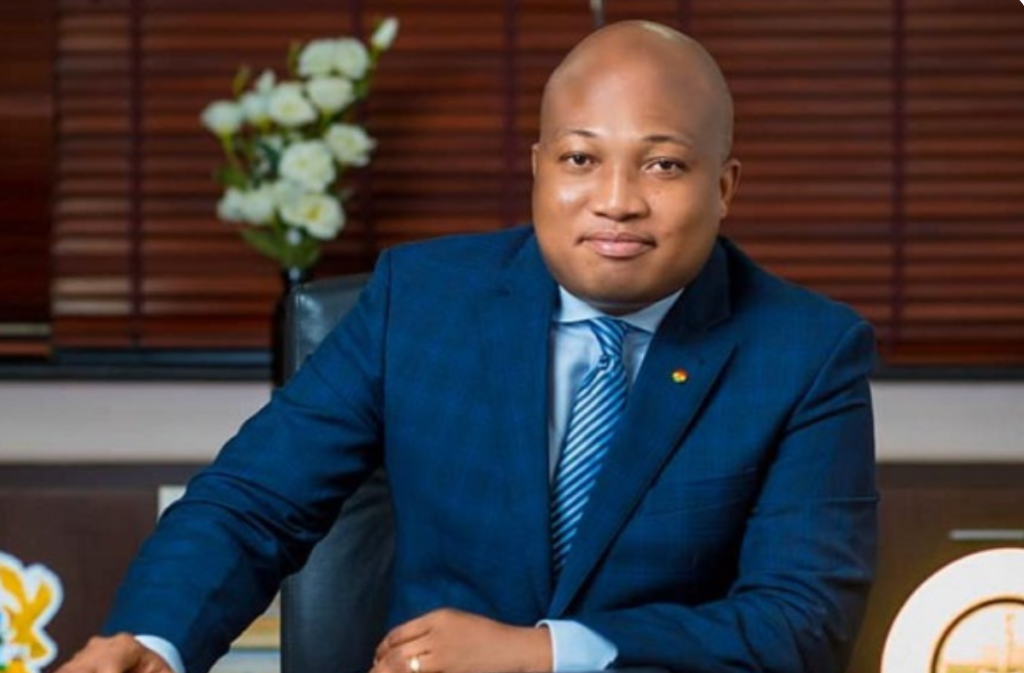Ghana’s tourism sector is facing a major setback following persistent visa processing delays at the country’s Embassy in Washington D.C., leaving hundreds of travellers stranded and tour operators counting massive financial losses. The Tour Operators Union of Ghana (TOUGHA) has sounded the alarm, warning that the delays are severely damaging the nation’s image and threatening the survival of businesses that depend on heritage tourism.
As Ghana enters what should be a peak travel period—especially for African American heritage tourists—the Washington embassy has reportedly left many passports unprocessed and unreleased, sparking frustration and uncertainty among international travellers. The chaos has led to the cancellation of tours, abandoned travel plans, and mounting financial strain on hotels, transport operators, and other industry players.
TOUGHA is calling for immediate intervention from the Ministry of Foreign Affairs to clear the backlog and implement urgent reforms. They say many tour packages have been cancelled due to the delays, and non-refundable payments made to service providers are now translating into huge losses for tourism businesses. According to the group, trust built over years with international clients is now eroding rapidly.
They have recommended a multipronged approach that includes frequent updates to travellers, the creation of an emergency visa response team, and the adoption of more efficient and digitized visa systems at Ghana’s missions abroad. The union also emphasized that better coordination is needed between agencies such as the Ministry of Tourism, Ghana Immigration Service, and Ghana Tourism Authority during the tourism high season.
In response, Foreign Affairs Minister Samuel Okudzeto Ablakwa has acknowledged the seriousness of the problem and accepted full responsibility, even though the issues began before his appointment. He pledged swift action under the government’s RESET Agenda, which prioritizes reforms in public service and anti-corruption.
Minister Ablakwa disclosed that the Ministry has already rolled out a code of conduct for embassy staff, installed advanced phone systems capable of managing multiple inquiries at once, and introduced audio recording for all official calls to monitor courtesy and professionalism. Furthermore, external audits have been introduced to verify embassy responsiveness, and new performance standards are being enforced for Ghana’s ambassadors and high commissioners.
Turning specifically to the Embassy in Washington, D.C., the minister revealed that internal issues—including corruption—have been addressed, and reforms are underway to ensure smoother operations. Since the reopening of the mission, nearly 3,000 visas have been processed. Ablakwa said he has personally overseen efforts to reduce the backlog and ensured that new diplomats stationed at the mission are fully briefed on the importance of customer service and responsiveness.
The government has committed to protecting applicants from exploitation and ensuring transparent, efficient, and fair visa services going forward. Stakeholders in the tourism industry are hopeful that with these measures, Ghana can restore confidence among its diaspora visitors and maintain its place as a leading heritage tourism destination.

